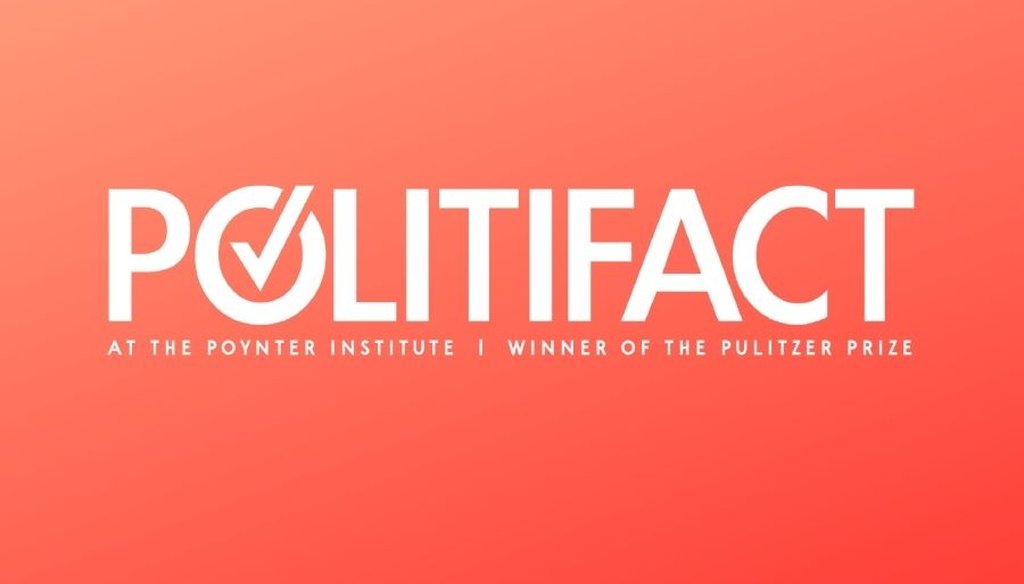Stand up for the facts!
Our only agenda is to publish the truth so you can be an informed participant in democracy.
We need your help.
I would like to contribute

The Supreme Court announced its ruling on the health care law on Thursday.
The health care law is huge and complicated -- 1,000-plus pages that affect virtually every aspect of health care for millions of Americans.
That's made it an easy target for exaggeration, distortion, and outright fabrication. For three years, the claims have kept PolitiFact’s Truth-O-Meter busy, as we've checked hundreds of statements from supporters and critics.
We've found exaggerations and falsehoods from both sides. For example, President Barack Obama has repeatedly said preventive care in the law saves money, a claim we've rated False. But supporters have often been out-shouted by the law's detractors, who have repeated inaccurate claims about the law.
And repeated them, and repeated them, and repeated them.
With the U.S. Supreme Court ruling Thursday that upheld the law, we have chosen the five biggest falsehoods about the law:
The health care law is a government takeover of health care. This was our Lie of the Year in 2010, a claim that crumbles when you look at the actual substance of the law. It relies overwhelmingly on the free market, leaving in place employer-provided insurance and the popular Medicare program for people over age 65. It offers credits to Americans of modest means to help them buy private insurance..
The law does not take over hospitals, and it does not offer government-sponsored insurance to all. It’s markedly different from health care systems in Canada or Great Britain and is nothing close to a government takeover.
The law said people could be jailed for not buying insurance. Yes, the law does include an "individual mandate," a requirement that everyone buy insurance. But the penalty for not doing so is a tax fine, not jail time. For many, the fine would be much less than what they would have paid for insurance. Most importantly, the law says people cannot be jailed for not paying the fine, nor can they be criminally prosecuted, or have liens put on their property. In most cases, the Internal Revenue Service would simply withhold refunds.
The health care law rations care and denies treatments. This has been a favorite attack line by critics who suggest that a panel of bureaucrats are making life and death decisions. But the health care law rations care no more nor less than the current health care system does. For evidence, critics have pointed to the Independent Payment Advisory Board, something the law introduced as a means of controlling costs for the Medicare system. But the board’s parameters are very narrow. It only applies to Medicare. It kicks in only when spending outpaces certain benchmarks. And it can only make system-wide recommendations to rein in future spending. Congress can overrule the board, and the law specifically states that the board may not "ration care" or increase costs for Medicare beneficiaries.
Death panels. This falsehood, our 2009 Lie of the Year, started after an early draft of the bill sought to allow Medicare to pay for doctors’ visits in which patients discussed end-of-life care, such as living wills. The critics labeled it suicide counseling. Conservative superstar Sarah Palin amped up the debate in August 2009 by declaring on her Facebook page, "The America I know and love is not one in which my parents or my baby with Down Syndrome will have to stand in front of Obama's 'death panel' so his bureaucrats can decide, based on a subjective judgment of their 'level of productivity in society,' whether they are worthy of health care." But there was never any panel like that in the bill. Recently, Palin has defended her comments, pointing to the Independent Payment Advisory Board as a death panel. Either way, the claim is ridiculously false and earned a Pants on Fire.
If the U.S. Supreme Court throws out the law, it will be an unprecedented and extraordinary overturning of a law passed by a strong majority of Congress. President Obama, for one, said this back in April, and he was wrong on both counts. The law passed, but it was along party lines in a sharply partisan environment -- far short of a "strong majority." Also, the Supreme Court has overturned many laws as unconstitutional, and some of those have been passed with overwhelming majorities of Congress. In 1997, for example, the court overturned City of Boerne vs. Flores, a religious freedom law that glided through Congress but was held unconstitutional by a majority of the court, including two liberal justices.
You can find full fact-checks on each of these statements at PolitiFact, including a list of complete sources and links to the full text of the health care law.
Our Sources
See Truth-O-Meter items.

















































